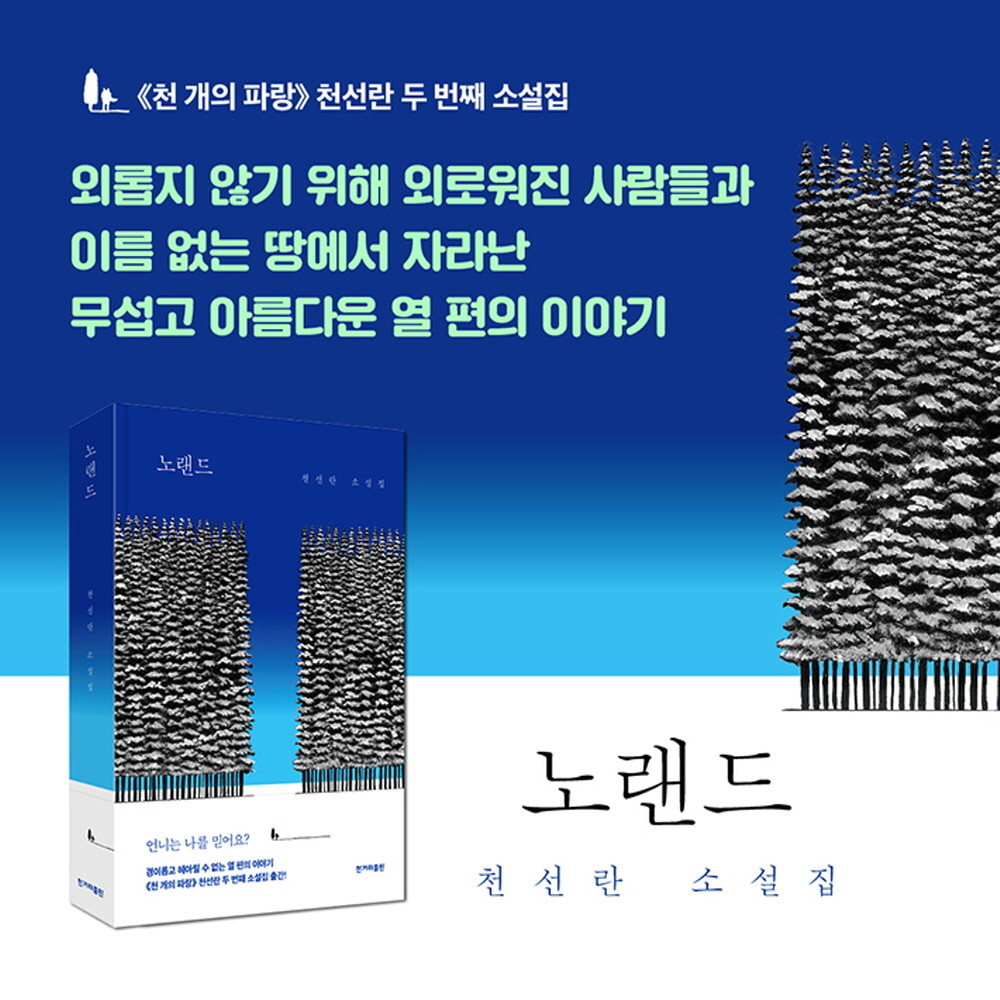
NoW
‘Extraordinary Attorney Woo’ reflects Korean life in 2022
The dramas, movies, books and music you’ve been waiting for
2022.07.15
Credit
Article. Choi Jieun (writer), Im Sooyeon (CINE21 reporter), Kim Gyeoul (writer), Kim Yoonha (music critic)
Design. Jeon Yurim
Photo Credit. ENA
Extraordinary Attorney Woo (ENA, Netflix)
Choi Jieun (writer): The setup behind the character Woo Young-woo (Park Eun-bin), the genius lawyer on the autism spectrum, is something of a double-edged sword. It’s possible for disabled characters to wake nondisabled people up to their prejudices, but society runs the risk of solidifying another form of discrimination if it only highlights characters with unique abilities that allow them to “overcome” their disabilities. But Extraordinary Attorney Woo is a show that is up to taking on the difficult task with sincerity. Woo Young-woo knows that she and her client Kim Jeong-hun (Moon Sang-hoon), a severely autistic man, are different in many ways, but the nondisabled people around them, whether through well-meaning ignorance or an act of hostility, treat the two as functionally the same—that is, disabled. Jeong-hun’s mother expresses a sense of conflict as she compares Young-woo’s impressive academic achievements and functional social life to the lives of many autistic people like her own son. In response, Young-woo, who has faced widespread ignorance of and even hostility toward those with autism, says, “Even just 80 years ago, autism was an illness and those affected were unworthy of living. Even now, hundreds of people click the ‘like’ button on a comment that says, ‘It is a national loss if a medical student dies and an autistic person lives.’ That is the weight of this disability that we bear.” The viewer then faces a challenge of their own: With this weighty knowledge, what kind of person am I?
RRR (Netflix)
Im Sooyeon (CINE21 reporter): Indian films have an exhilarating energy that only films made in India can. The unique thrills they offer naturally persuade the viewer to accept the mythical settings where heroes overpower tigers with their bare hands. Currently available in Korea on Netflix, RRR is an action musical set in the 1920s in the British Raj—India under imperial control—and tells the tale of two freedom fighters on their journey from friendship to revolution. Diving deep into the relationship between Komaram Bheem (N. T. Rama Rao Jr.) and Alluri Sitarama Raju (Ram Charan) and all the buddy action and song-and-dance numbers featuring these characters inspired by real revolutionaries makes the 185-minute running time feel like it passes by in only 90 minutes. As the film was originally made not in Hindi but in Telugu, a language used in the southeastern states of India, it is more accurately a Tollywood film, not a Bollywood movie. Given the important role Tollywood played in Indian independence in the 1930s, RRR’s success goes beyond simple entertainment and holds historical significance as well.
No Land (Seonran Cheon)
Kim Gyeoul (writer): The heyday of Korean sci-fi continues. Many skilled sci-fi writers have gained dedicated followings in recent years thanks to their rich, consistent storytelling and tidy style. Unlike the promising worlds in her longer novels A Thousand Blues and Nine or her short story collection Some Shape of Love, author Seonran Cheon’s new book takes an uncompromising look at the absurd reality that humans are destined to die. Each story in the book, whether rooted in horror, mystery, zombies or pure literature, is unapologetic in its approach to issues like war, religion and violence. And it is Cheon’s measured descriptive details that bind these serious subjects together so well. It seems as though the author went over many questions about people who are dying, the people around them, those who have returned from the brink of death and those who ultimately did die. The stories examine the answers to these questions and are sure to leave a deep impression on all readers.
“dislike” (saeneok)
Kim Yoonha (music critic): “Don’t follow behind me for a little love / I don’t have anything to give / I don’t feel the same way.” The voice that sings these words seems as though it’s about to disappear, but the words themselves are sung resolutely: If you want to see me that much, have another excuse ready and I’ll pretend this unnamable sadness isn’t hurting me. The hazy, rising, repeated riffs of the guitar laboriously wrap themselves around the words and the clear signal they send: I know you’re tired these days, and tired of me, but it’s not your fault. It just turned out that way. This happens all the time.
Singer-songwriter saeneok sings on his debut album, tinge, like someone who’s already figured out all the secrets of the world. His playing on the almost dream pop-like guitar-driven songs adds a heartfelt weight to the stories they tell. All the days we spent together in the heat of the moment have gone, but sometimes resurface into an indistinguishable shape. We try. But what must disappear, disappears. You’ll even end up missing the days when you hated everything. One night, when you’re feeling low, this song will suddenly find its way into your mind again.
Copyright © Weverse Magazine. All rights reserved.
Unauthorized reproduction and distribution prohibited.
Unauthorized reproduction and distribution prohibited.
